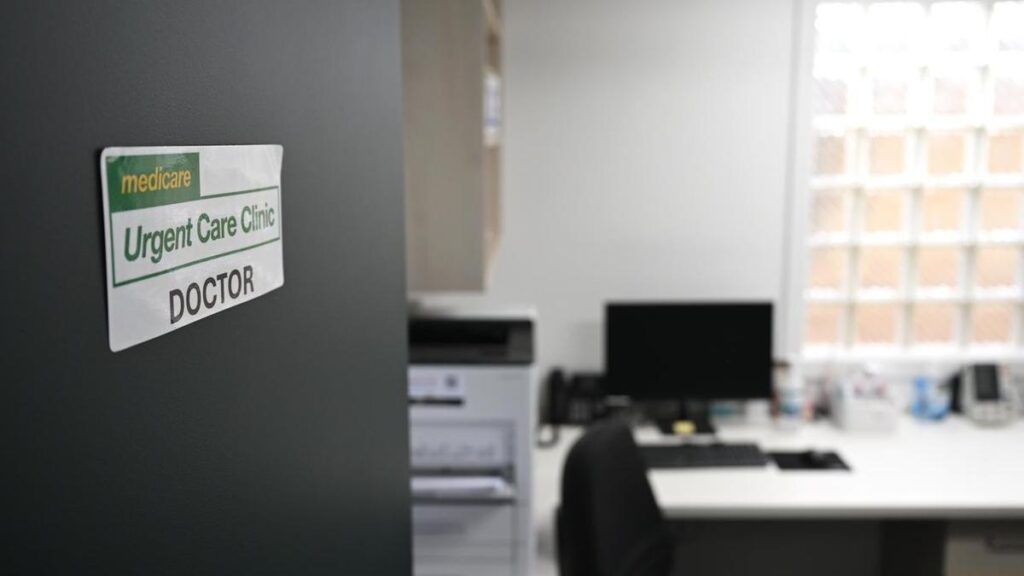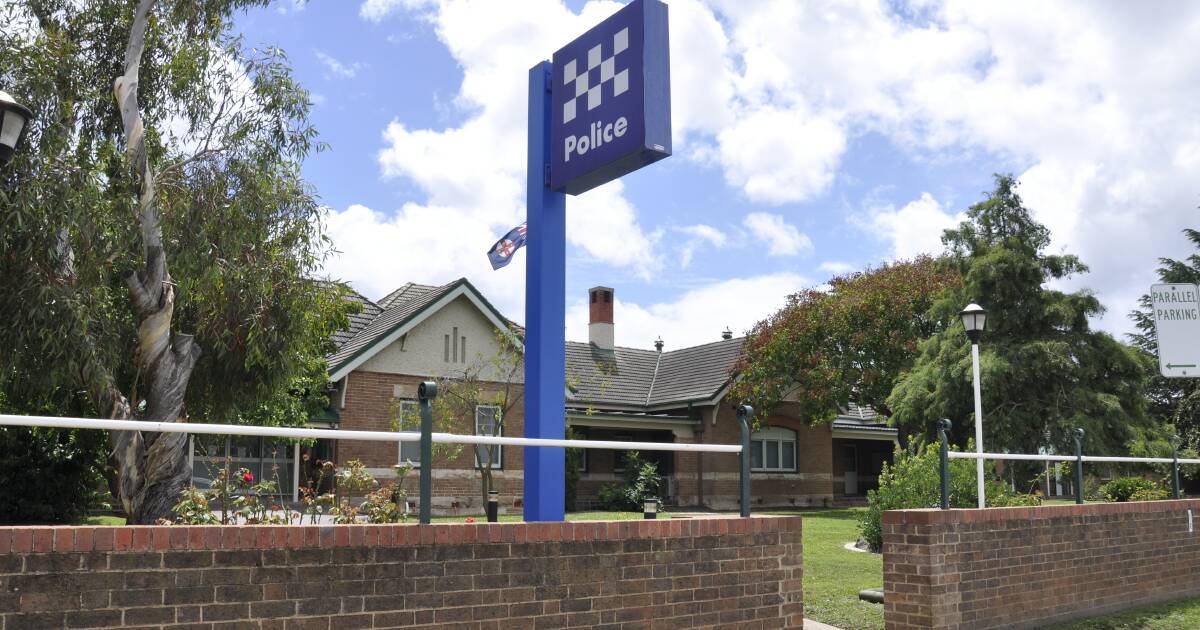
Recent changes in New South Wales (NSW) permit general practitioners (GPs) to prescribe ongoing medications for attention deficit hyperactivity disorder (ADHD). Despite the potential for this reform to significantly improve patient access to treatment, less than one percent of eligible doctors have completed the necessary training.
In a move aimed at alleviating long wait times and the high costs associated with specialist consultations, NSW GPs can now provide ongoing prescriptions for ADHD medication. This initiative mirrors a similar approach taken in Queensland in 2017, with Western Australia expected to follow suit.
Currently, more than one million Australians are affected by ADHD, which translates to approximately one in twenty individuals. However, only 62 GPs in NSW have achieved the status of ‘continuation prescribers’ out of roughly 9,500 GPs in the state.
Dr. Rebekah Hoffman, one of the few trained prescribers, shared her experience of prescribing a six-month supply of medication to a patient who could not afford another consultation with a psychiatrist. “This is life-changing for this young patient and for his entire family,” she remarked. Dr. Hoffman, who serves as the chair of the NSW division of the Royal Australian College of General Practitioners, urged patients to discuss the new opportunities with their GPs.
Increasing Awareness and Participation
While only a small number of GPs have completed the training, approximately 1,330 have expressed interest in participating since the program began accepting applications in July. With a second phase of reforms anticipated later this year, GPs will soon be able to initiate treatment with psychostimulant medications for new patients.
NSW Premier Chris Minns is optimistic that increasing community awareness will drive more GPs to complete the training. Dr. May Su, another GP and a parent of a child with neurodiversity, echoed this sentiment. “As a parent of someone I think should be really able to access care, it’s not actually that easy,” she said.
Dr. Su emphasized the importance of easy access to treatment for conditions as prevalent as ADHD, which she noted is as common as diabetes.
ADHD is a developmental disorder that typically manifests in early childhood, affecting an individual’s ability to manage responsibilities and time effectively. It can also lead to hyper-focusing on certain tasks or interests, complicating daily functioning.
The ongoing reforms in NSW aim to address these challenges by empowering GPs to play a more active role in treating ADHD, ultimately improving the quality of life for many Australians.






